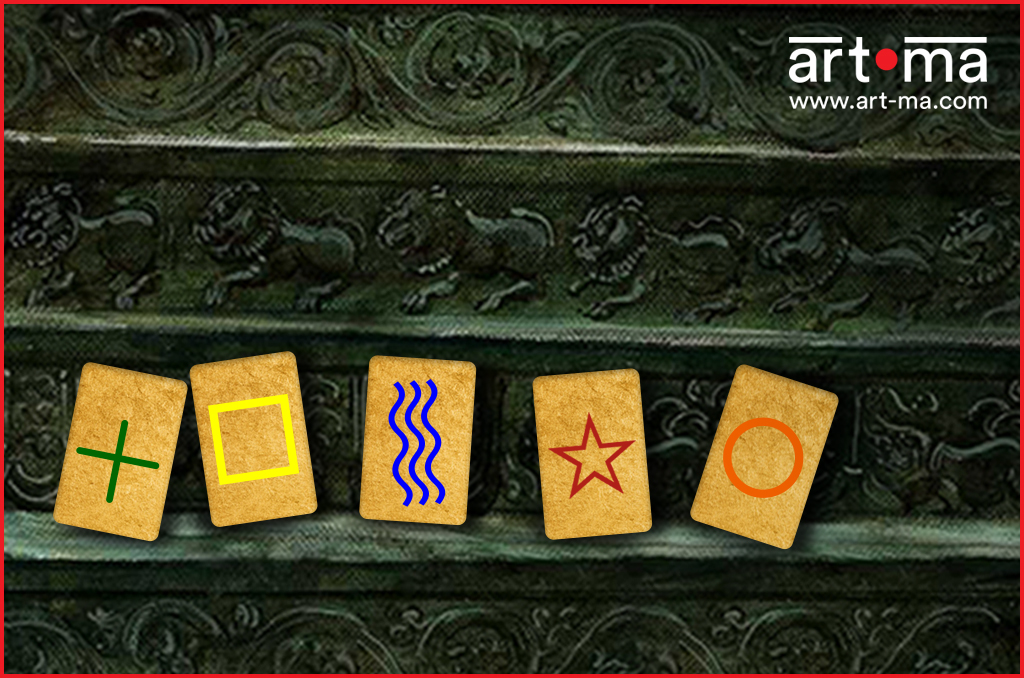
The character of Sanjaya in the Mahabharata symbolizes the ability that we all possess within us to self-analyze without any prejudice or judgement. He teaches us that utilizing this gift keeps us on the path of righteousness.
He may have been born to a charioteer, but Sanjaya’s true role was that of commentator of the Mahabharata. Gifted with the divine ability to see events occurring without actually being physically present, Sanjaya became the eyes through which blind Dhritarashtra kept track of his sons’ progress in the Kurukshetra war, and it is through this charioteer’s oration that we learn how Krishna preached to Arjuna about Dharma (duty), also known as the Bhagavad Gita, along with other important events in the war.
Sanjaya was a charioteer and advisor to Dhritarashtra. He was devoted to the king and was also a disciple of sage Krishna Dwaipayana Veda Vyasa. As the Kurukshetra war was set to begin, Dhritarashtra was keen to follow the action on the battlefield without being physically present. He expressed this desire to Vyasa, who then summoned Sanjaya, and gifted him a divine inward eye. This eye allowed Sanjaya to witness everything that was to occur in the war from the comfort of his home, which he could report back to his king. In modern terms, this eye would be something along the lines of remote viewing, which is the visual perception technique that allows someone to gather information of a distant target using extrasensory perception (ESP).
Sanjaya did as he was told and with the utmost honesty and sincerity. He did not allow his judgement to obstruct the truth and did not hesitate to give Dhritarashtra good news along with the bad. His empathy was on display every time he delivered bad news – from the deaths of Dhritarashtra’s army chiefs Drona, Bhishma and Karna to the slaying of all his 100 sons – Sanjaya offered the king solace when he needed it the most.
Apart from the action on the battlefield, Sanjaya also described the Earth to Dhritarashtra along with planets. He gave his king an insight into Bharat Varsha (the Indian sub-continent) and apprised him of the various kingdoms, tribes, mountains and forests that made up the region.
The entire Bhagavad Gita is Sanjaya’s narration to Dhritarashtra of what Krishna was saying to Arjuna just before the war began. This made Sanjaya the only person apart from Arjuna to listen to the Gita as Krishna was reciting it.
With the fall of Duryodhana, however, Sanjaya lost his divine sight, symbolizing the end of the Kurukshetra war. Such was his loyalty to Dhritarashtra that when the king renounced the world after his defeat in the war, Sanjaya followed his king into the forest. When Dhritarashtra along with his wife Gandhari and the Pandava matriarch Kunti died in a forest fire, a heartbroken Sanjaya retired to the Himalayas and was never heard from again.
The name Sanjaya means one who has completely conquered his inner self. While he was blessed with a divine eye, Sanjaya’s actual gift was his ability to see clearly and be impartial. Sanjaya narrated the events of the war with precision and clarity and without any bias. He teaches us an important lesson on the power of introspection, which can push a person to better not just their own self, but also the world they inhabit.
